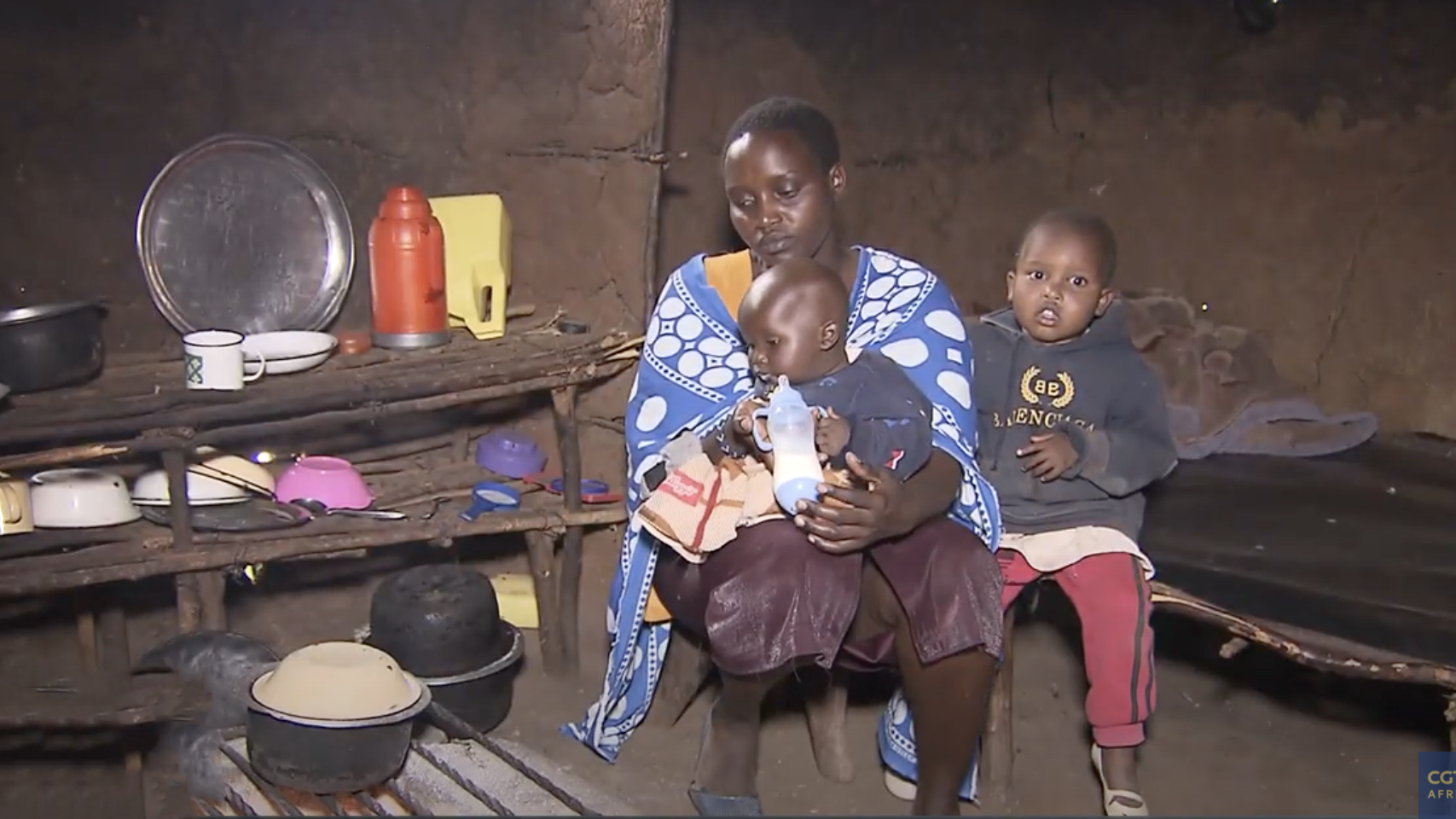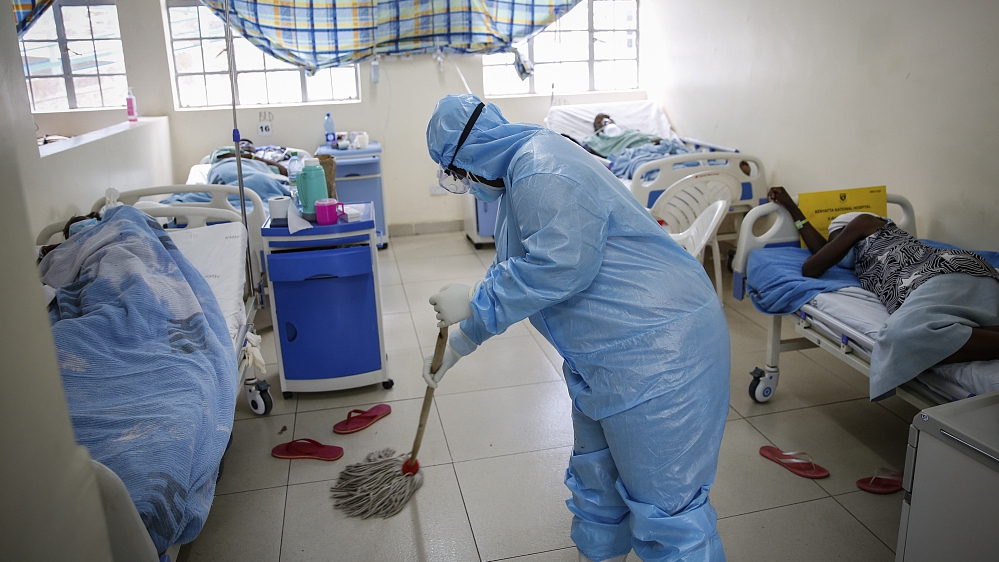04:14

In Kenya, pregnant women are among those who have been greatly impacted by the COVID-19 pandemic.
A recent health ministry report suggests that a section of pregnant women, afraid of contracting COVID-19 in hospitals or unable to access health facilities due to movement restrictions, opted to deliver their babies at home.
In a village in Kajiado, almost 100 kilometers from the Kenyan capital Nairobi, a mother comforts a sleepy infant, born in the COVID-19 pandemic.
When the labor pains started, Josephine, a first-time mother, was torn over whether to go to the hospital to deliver. "I was so afraid. I thought maybe I would get infected with the coronavirus at the hospital, or maybe my baby would catch it there," she said.
Josephine eventually decided to give birth at the local health facility, where healthcare workers took precautions to keep her safe. Now Josephine and her child are back home, safe.
But COVID-19 has cast a tall shadow over maternal health in the country. A government report, titled Kenya Health Sector Strategic and Investment Plan: 2018-2023 Mid-Term Review, shows that the number of expectant women who completed their last antenatal clinic, reduced from 58.9 percent in 2019 to 55.1 percent in 2020.
This means that more women could be giving birth at home. Bisil Health Facility in Kajiado town witnessed this drop in numbers. Normally the facility would record 50 to 70 births every month. This number fell to about 40 monthly deliveries in the first few months of the pandemic last year.
The report believes that a section of pregnant women gave birth at home because they were afraid of contracting COVID-19 or unable to access health facilities due to movement restrictions.

A medical worker cleans the floor next to coronavirus patients in the COVID-19 intensive care unit at Kenyatta National Hospital in Nairobi, Kenya, April 14, 2021. /CFP
A medical worker cleans the floor next to coronavirus patients in the COVID-19 intensive care unit at Kenyatta National Hospital in Nairobi, Kenya, April 14, 2021. /CFP
Magdalene Sariti, a nursing officer at the Bisil Health Facility, also shared what she has witnessed. "Most of them feared to come and deliver in hospital because they felt that corona is in the hospitals, it's not in their homes," she said.
These findings are echoed in a study by reproductive rights organization White Ribbon Alliance Kenya.
The study conducted in selected counties sought to establish the impact of COVID-19 particularly on reproductive, maternal and newborn healthcare.
Different counties have implemented different measures to tackle the problem. For example, local administrators have registered pregnant women to facilitate their movement during curfew hours or beyond restricted areas.
In Nairobi County, the Wheels for Life initiative, set up by the government of Kenya, Amref Health Africa, and digital taxi app Bolt, is aiding movement of pregnant women during curfew hours.
Reproductive health groups are also discussing further measures with the government.
"Since we started talks, the government has come up with the reproductive mothers newborn health guidelines. They came up with the continuity of care guidelines to basically say that mothers can go back to the hospitals to deliver," said Angela Nguku, founder of the White Ribbon Alliance Kenya.
Across the country, healthcare workers continue to advise mothers to make every effort to deliver in healthcare facilities where they can tackle complications if they arise.
The healthcare facility is believed to be the safest place for mothers to be as they bring new life into the world.

